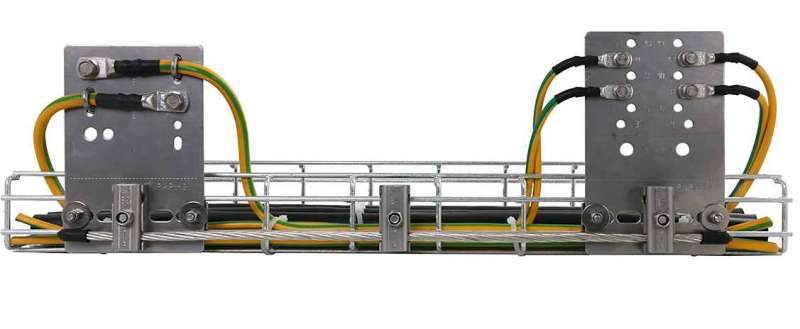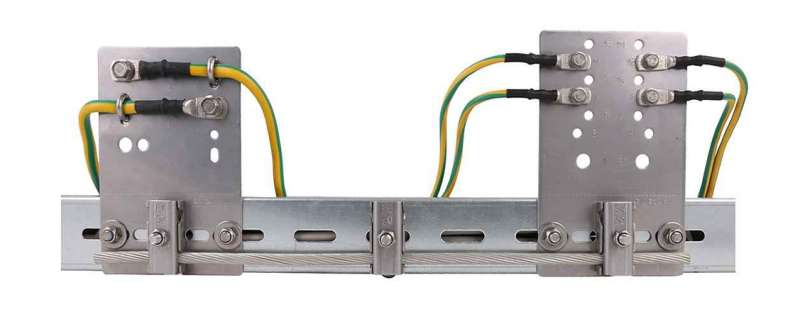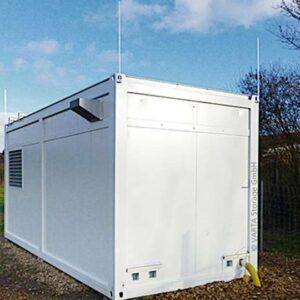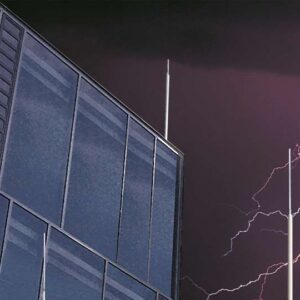Consistently effective equipotential bonding
It is a fact that you, as the system operator, are responsible for the availability of the system. Equipotential bonding must be consistently effective.
In practice, however, conductive parts of the construction or cable tray system are often defined as “equipotential bonding conductors”. These do not guarantee the required safe, consistent and permanently effective electrical connection. Problems soon arise, particularly during structural alterations when, for example, conductive system parts are removed or isolated.
Systematic safety
The system solution by DEHN serves to create a ring / radially connected equipotential bonding to be mounted on cable tray systems. It ensures consistent equipotential bonding.
Conductive system parts and electrical equipment like power units, motors, field devices, sensors, etc., can be effortlessly integrated in the equipotential bonding – protecting both people and systems.





Reviews
There are no reviews yet.